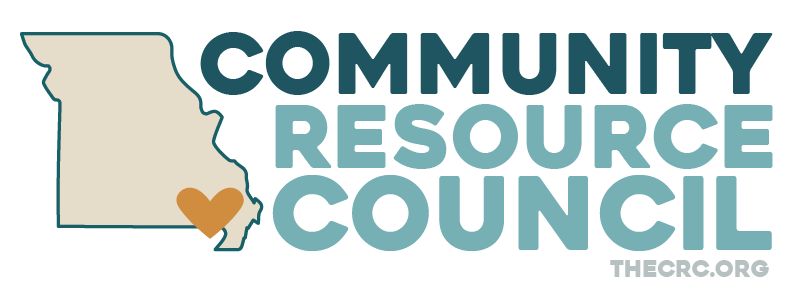This month’s blog is focused on a risk factor that can affect all youth at times. We are going to be looking at youth being impulsive. If you’ve been around any youth for an extended period of time it is easy to notice that many youth are impulsive. They act on their feelings or needs without thinking through the situation. This can lead to risky and potentially dangerous behavior.
Let’s look at an example. A young boy was playing in his yard, and he saw a dog walking down the street. His immediate thought was that he wanted to pet the dog. So, he took off running as fast as he could at the dog. The dog felt threatened by the little boy, and when he got close the dog lunged at the child and attempted to bite him. Here is what we know about the situation. The young boy acted on impulse, his thought was that he wanted to pet the dog and the fastest way to do it was to run at him. The little boy did not stop to think about how his behavior may affect the dog, or how the dog would respond. The young boy strictly acted on impulse.
So why? Why are young people so impulsive? The answer to this question lies in the fact that youth's brains are not fully developed. The ability to critically think and make decisions is one that is not fully developed until the youth’s brain reaches the age of maturity around age 26. Looking back at your own life, I’m sure we can all agree that we made some questionable decisions as young people. This impulsivity becomes especially risky around the age of puberty. When you pair a dopamine seeking, not fully developed brain with changing hormone levels it creates the perfect storm for impulsive and risky decision making.
What can we do? As caregivers, the impulsive behavior of youth can be scary. We want our children to think through their decisions and make safe, healthy choices. Impulsivity is natural, and though some children are more impulsive than others, it has a lot to do with the developing brain and changing hormones. Impulsivity puts our children at risk of substance use, suicide, and risky sexual behavior. The best thing we can do to fight the effects of impulsivity is to strengthen skills and open the lines of communication with our children. Decision making is a skill that can be taught and practiced. Teach your child to make healthy decisions and allow them to practice this skill. Talk to your child about the decisions before they have to make them. For example, if you and your child have talked about why they shouldn’t drink alcohol and what they could say in the case they were offered a drink, it may be a lot easier for them to respond in a real-life situation when they are being offered alcohol. This gives them the ability to react based on skill and experience rather than impulse.
